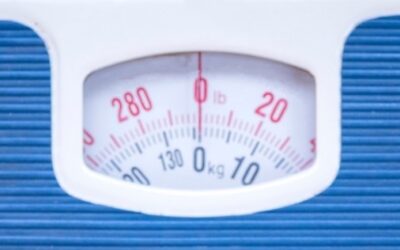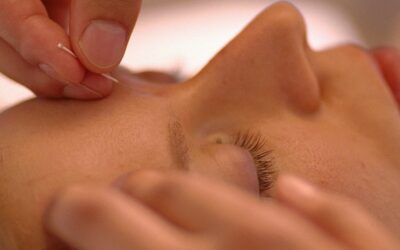Most of us are always looking for ways to improve ourselves, to become more confident, to have more knowledge, but what is really the answer or the solution that will make us a better practitioner? Is it like a magic pill or something happening over night?
I’ve never been one of the people that think getting only A’s is enough, or that my knowledge depends on my grades. Grades are so subjective and each instructor is different. In fact, we’re all different. There’s no two brains wired the same way. Some of us are visual learners, some of us love the practical portion, and each of us has a different experience and learning curve.
If grades are not going to make you the best, what else is there? Dissecting bodies in the anatomy lab? I know, I’m a bit sarcastic now and I’m sure Dr. Kwon would argue with me and explain again how all that dissecting will help us stick a needle in a much better way…
I believe that it’s all about listening to your calling. If you really have a calling and passion for Oriental Medicine and Acupuncture you’ll be a good practitioner no matter your grades, boards, etc. We’ve all been to the clinic as patients and we all have a favorite intern. Why is he/she a favorite? Because he/she makes you feel comfortable, safe, doesn’t treat you like a file number, and you’ve seen results.
Does practice helps? I think practice is so much more important than all the theoretical knowledge. It doesn’t really matter how much you’ve been reading about, let’s say, a hidden pulse until you have the chance to feel it on a real person. It doesn’t matter how much you practiced in CNT class. It’s still not enough.
In the old times, acupuncturists were blind people and their hands and touch were so important. Even later on, in Asia, students were supposed to practice needling on different types of surfaces so they could be able to feel the differences between tissues.
While in Japan, I loved that they recorded us needling before the training started and after, so we could see with our own eyes the difference. Let me tell, you there was such a big difference! Everybody improved, but I loved seeing the calmness and the way each of us was really in touch with the patient and not the needle. We also needled our instructors so they could feel and tell us what we should focus on more and what needed to be improved.
I’m still watching all those videos with me practicing and I’m still practicing whenever I have the time. Will it make me a better practitioner? Only needling will not have a big impact. I still have to practice palpation, taking the pulse. I still have to know my meridians and to learn the herbs.
I take it as a daily practice. The way you go to the gym, yoga or meditate, that’s the way you should practice. I strongly believe that practice will take me to the point where working on a patient will bring the same peace and calm that meditation brings.
What do you think?




0 Comments